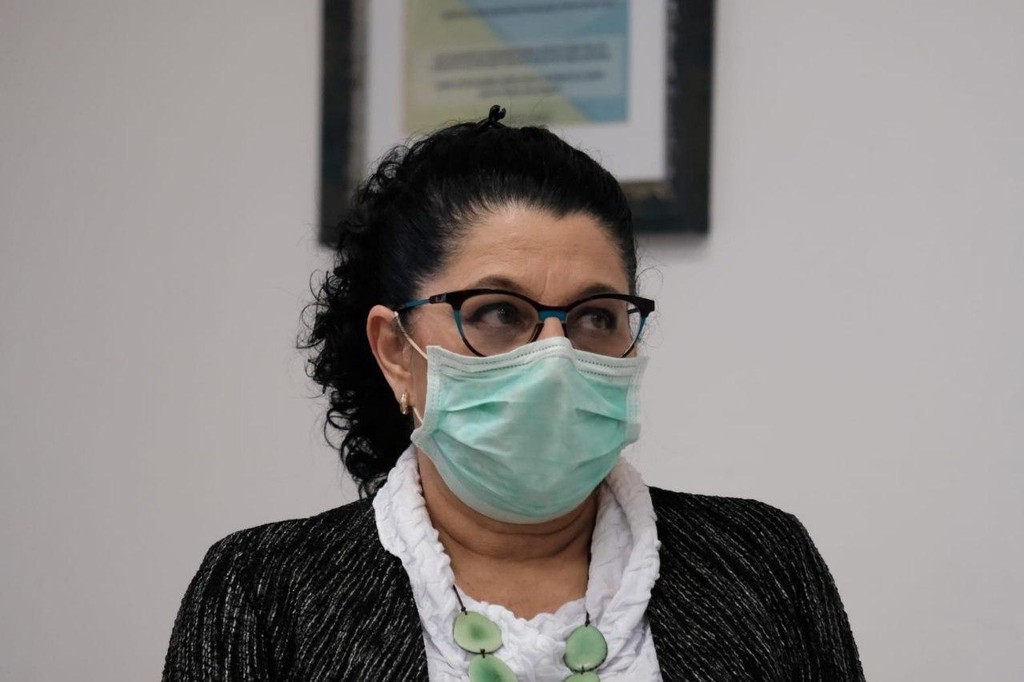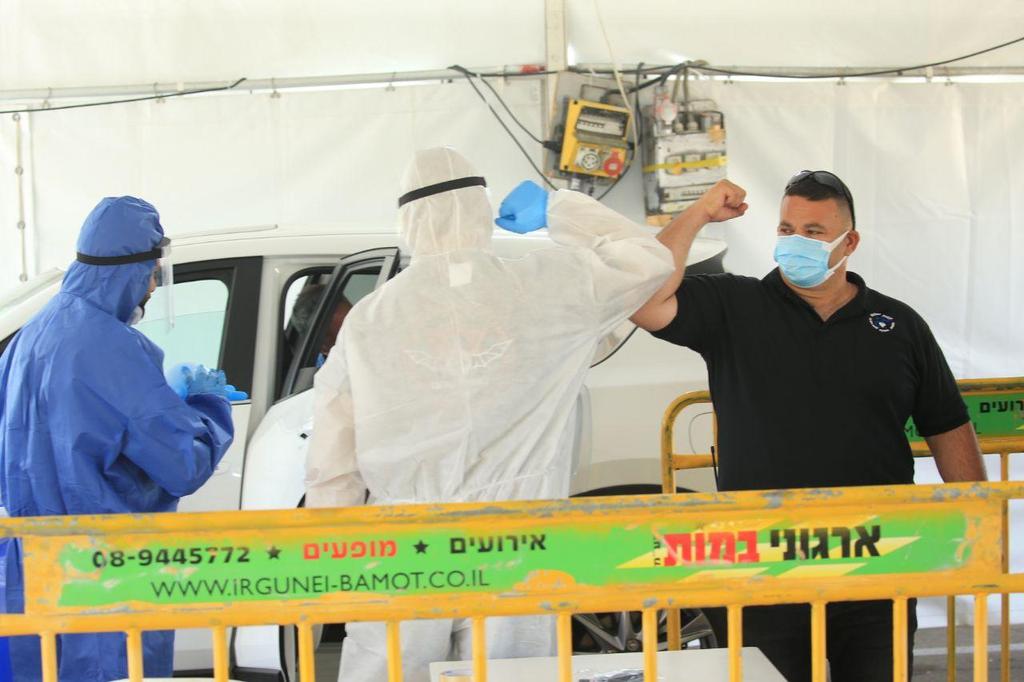In light of the recent spike in coronavirus cases, the head of Public Health Services at the Health Ministry Prof. Siegal Sadetzki on Thursday advised senior citizens to avoid attending events with many participants and traveling on public transportation to avoid getting infected.
"We're still protecting the elderly and at-risk populations more than the rest, but nothing lasts forever," Prof. Sadetzki told the Ynet studio in an interview. "I advise older people not to go to events. We should also discuss scaling down the number of participants at events.
2 View gallery


Head of Public Health Services at the Health Ministry Prof. Siegal Sadetzki
(Photo: Yoav Dudkevitch)
Prof. Sadetzki also said it is best for elders to avoid traveling by bus and always travel with face masks.
"The new patients are different from the patients in the last outbreak. In the first outbreak, the disease came mainly from people who brought it from abroad, and the majority of the sick were elders. In contrast, this wave broke out mostly among children, students socializing with each other, and now it spreads to other parts of the public. Sadly, I expect that some seniors will catch it as well if we don't take control of the situation."
The veteran physician also said that despite a large number of new infections, health authorities manage to conduct epidemiological investigations quickly and efficiently and track potential contacts of confirmed coronavirus patients.
"It's difficult, but we are definitely up to the challenge. An epidemiological investigation takes 25 hours on average to complete. I'm not saying it's the average time for the whole process, the process is longer, it begins from the moment a patient starts to feel unwell and decides to call a doctor. There is a lot of delays because people have doubts about whether to go to the doctor or not."
Prof. Sadetzki said that the country's exit plan from virus lockdown and attempts to return to a normal routine may have been premature.
"We may have opened too quickly. The public is not obedient and does not wear masks," she said.


